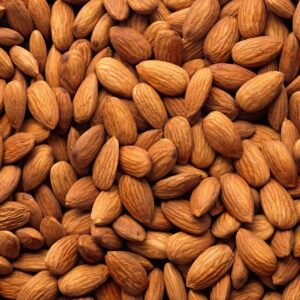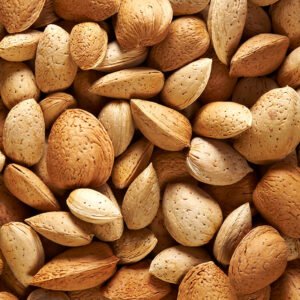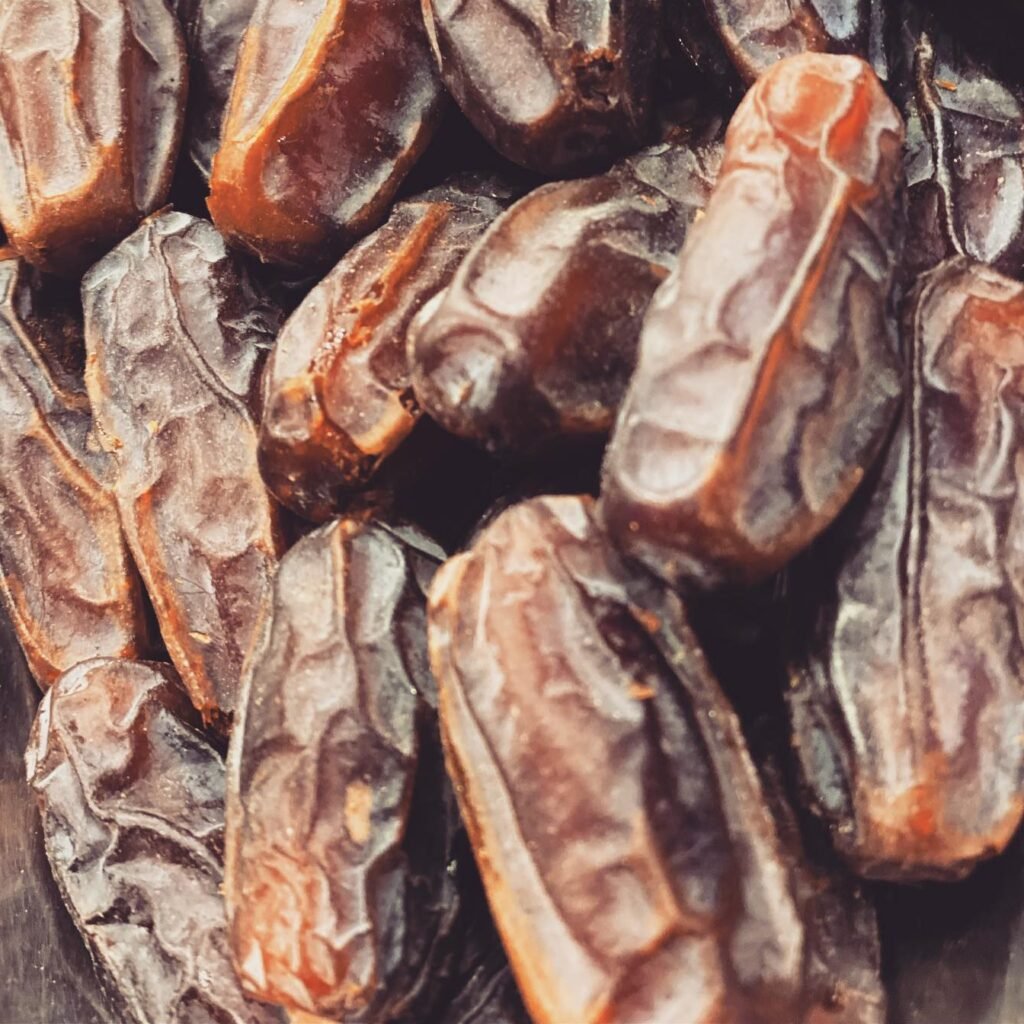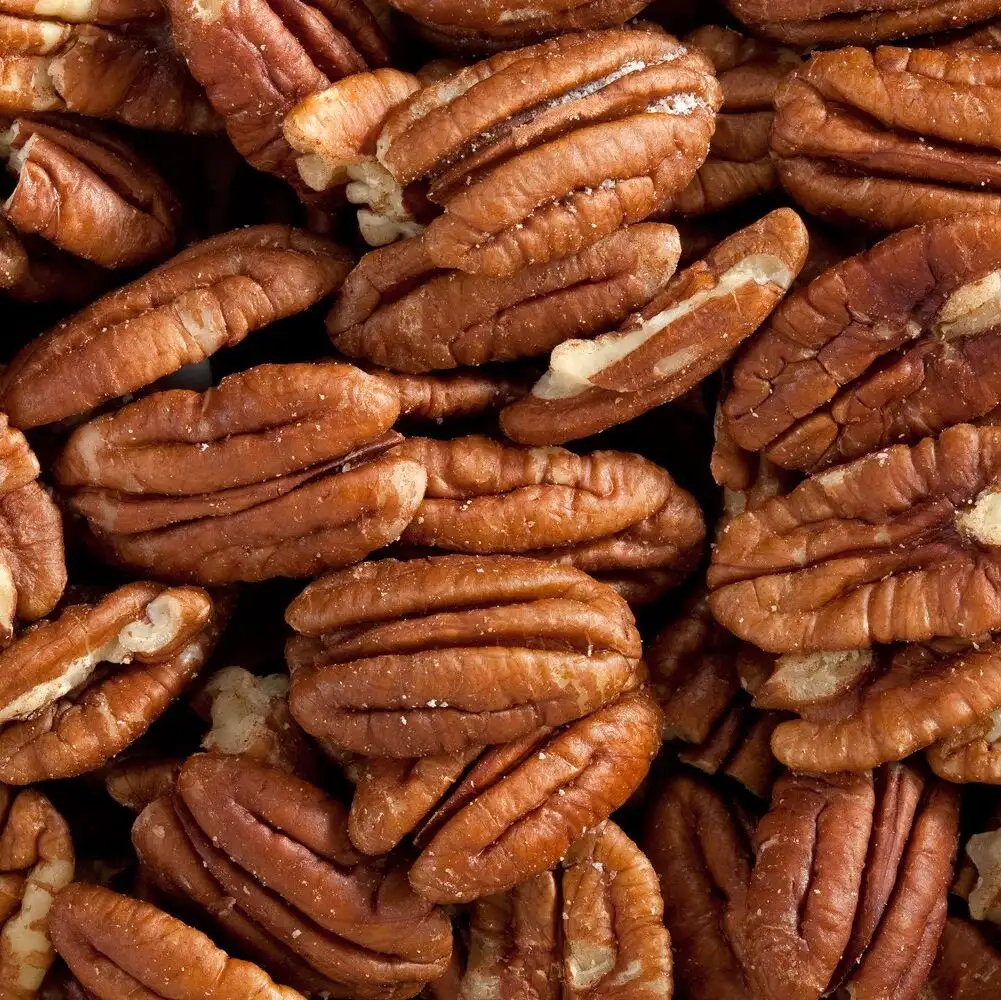Almonds
Almonds are a popular tree nut with a rich history of culinary and medicinal use. These delicious nuts are enjoyed around the world for their crunchy texture and unique flavor. But, almonds are not only tasty but also packed with essential nutrients and beneficial compounds that provide numerous health benefits. In this article, we will explore the nutritional value of almonds, their health benefits, and culinary uses.
Nutritional Value of Almonds
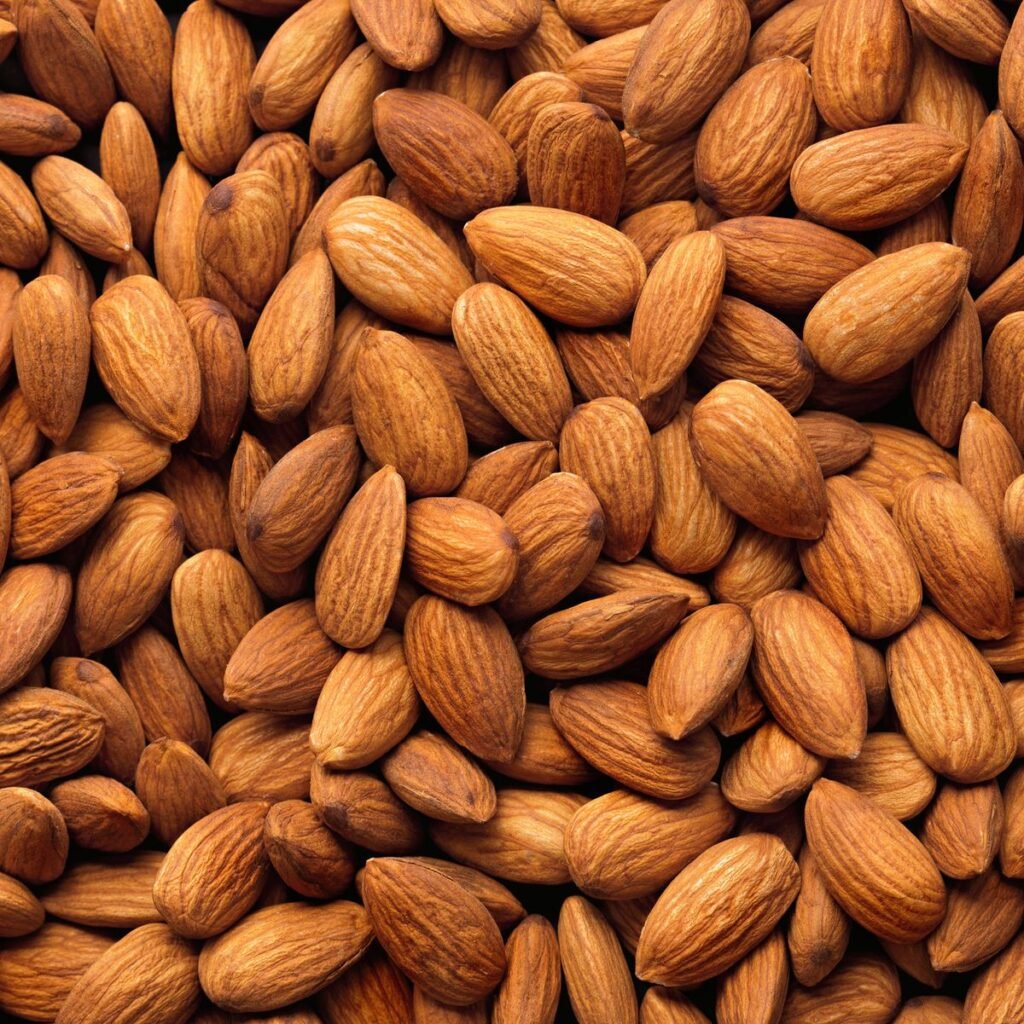
Almonds are highly nutritious and are an excellent source of various essential vitamins, minerals, and healthy fats. A single ounce (28 grams) of almonds contains the following nutrients:
- Calories: 161
- Protein: 6 grams
- Fat: 14 grams (9 of which are monounsaturated)
- Carbohydrates: 6 grams
- Fiber: 3 grams
- Vitamin E: 37% of the RDI
- Magnesium: 19% of the RDI
- Calcium: 8% of the RDI
- Iron: 6% of the RDI
Health Benefits of Almonds
The consumption of almonds has been associated with various health benefits. Here are some of the most notable ones:
1. Lower Cholesterol Levels
Almonds are rich in monounsaturated and polyunsaturated fats that can help lower LDL (bad) cholesterol levels. A study found that a diet supplemented with almonds for six months reduced LDL cholesterol by 6.9% in people with high cholesterol levels.
2. Control Blood Sugar
Almonds have a low glycemic index, which means they don’t cause a rapid spike in blood sugar levels. Additionally, the high fiber and healthy fat content of almonds can improve insulin sensitivity and regulate blood sugar levels. A study showed that consuming almonds with a high-carbohydrate meal reduced the glycemic index by 30% in people with type 2 diabetes.
3. Aid in Weight Loss
Almonds can aid in weight loss due to their high protein, fiber, and healthy fat content. These nutrients can keep you full for longer periods, reducing the overall calorie intake. Studies have shown that including almonds in the diet can result in significant weight loss and waist circumference reduction.
4. Improve Brain Function
Almonds are a rich source of vitamin E, which is an antioxidant that protects the brain cells from oxidative damage. Additionally, the flavonoids and healthy fats in almonds can improve cognitive function and reduce the risk of age-related cognitive decline.
Culinary Uses of Almonds
Almonds are a versatile ingredient in the culinary world and are used in various sweet and savory dishes. Here are some of the most popular culinary uses of almonds:
1. Snacking
Almonds are a popular snack that can be eaten raw or roasted. Roasting enhances their flavor and gives them a crunchy texture.
2. Baked Goods
Almonds are often used in baking to add flavor and texture to various recipes. They can be used as a topping for cakes, muffins, and bread.
3. Dairy Alternatives
Almond milk is a popular dairy alternative that is made by blending soaked almonds with water. It is low in calories and can be used in various recipes that call for milk.
4. Salad Toppings
Almonds can be used as a crunchy topping for salads to add texture and flavor. They can be chopped, sliced, or roasted to add a unique twist to the salad.
Conclusion
Almonds are a delicious and nutritious nut that provides numerous health benefits. They are a rich source of essential vitamins, minerals, and healthy fats that can improve cholesterol levels, control blood sugar, aid in weight loss, and improve brain function. Additionally, almonds are a versatile ingredient that can be used in various culinary dishes, including snacking, baked goods, dairy alternatives, and salad toppings.
- Are almonds safe for people with nut allergies?
- Almonds are a tree nut, and people with nut allergies should avoid consuming them.
- How many almonds should I eat in a day?
- It is recommended to consume a handful (around 1 ounce) of almonds per day as a snack or in your meals.
- Can almonds help with weight loss?
- Yes, almonds can aid in weight loss due to their high protein, fiber, and healthy fat content, which can keep you full for longer periods and reduce overall calorie intake.
- Can almond milk be used as a replacement for cow’s milk in baking?
- Yes, almond milk can be used as a dairy alternative in baking recipes that call for milk. However, it may alter the taste and texture of the final product.
- Are roasted almonds healthier than raw almonds?
- Roasting almonds may enhance their flavor and give them a crunchy texture, but it does not significantly affect their nutritional value. Both raw and roasted almonds are nutritious and healthy to consume.
Lorem ipsum dolor sit amet, consectetur adipiscing elit. Ut elit tellus, luctus nec ullamcorper mattis, pulvinar dapibus leo.
Lorem ipsum dolor sit amet, consectetur adipiscing elit. Ut elit tellus, luctus nec ullamcorper mattis, pulvinar dapibus leo.


